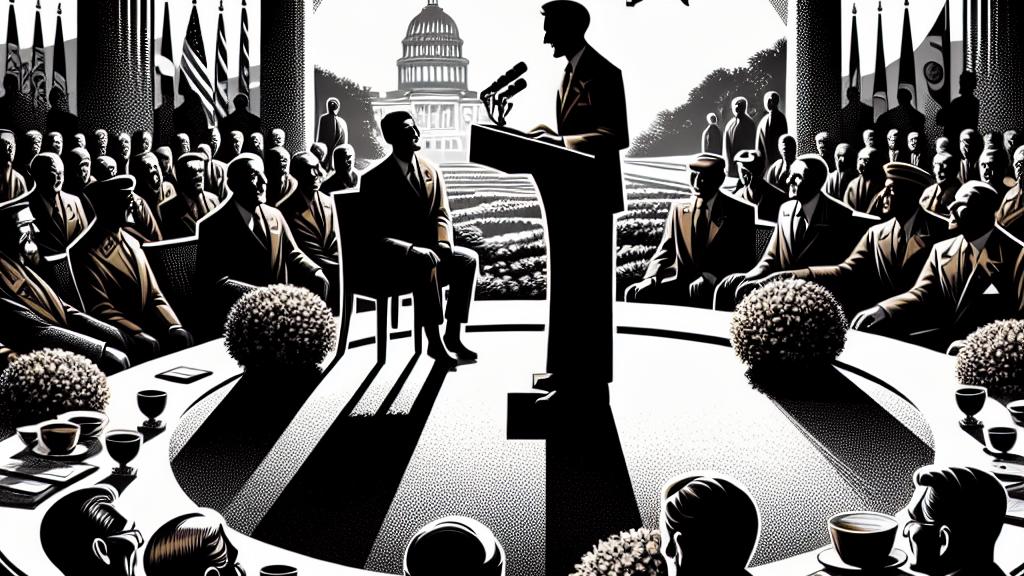Understanding the Impact of Jimmy Carter on US-China Relations
Overview
- Jimmy Carter reshaped diplomatic ties between the United States and China.
- His presidency initiated a significant shift in foreign policy towards engagement.
- Carter's human rights advocacy created ripples in global discussions.

Carter's Diplomatic Legacy
Jimmy Carter, America's 39th president, took office during a tumultuous time in world politics, serving from 1977 to 1981. He emerged as a pivotal figure for US-China relations, boldly choosing to establish formal diplomatic ties with Beijing—a decision that would echo through history. This move signaled a break from decades of silence and isolation, particularly regarding Taiwan, as the US shifted its recognition to the People’s Republic of China. Think about it: not long after this momentous announcement, in January 1979, Deng Xiaoping, China’s most powerful leader, was welcomed at the White House. Imagine the atmosphere in that room! It was a historic moment of friendship, setting the stage for robust trade agreements and cultural exchanges. Carter's actions demonstrated that diplomatic dialogue could foster mutual understanding, encouraging a partnership that has lasted for decades—and the world took notice.
Carter's Passion for Human Rights
Yet, Jimmy Carter's impact wasn't solely confined to diplomacy; he was a steadfast advocate for human rights as well. His belief that moral foundations should guide foreign policy reshaped how governments interact globally. While many leaders often emphasize strategic interests, Carter steadfastly championed discussions about freedom and equality, refusing to shy away from these challenging topics even during negotiations with China. For instance, his administration addressed issues such as freedom of speech and religious rights, highlighting his commitment to universal human dignity. His courage in these matters wasn't always easy to maintain, especially given the geopolitical complexities of the time. However, his insistence on prioritizing human rights created a framework for dialogues that continue to resonate today, emphasizing the idea that political success hinges on ethical commitments. After all, Carter taught us that diplomacy is not just about agreements and tariffs—it's about respect, dignity, and making sure our values align with our actions.

Loading...